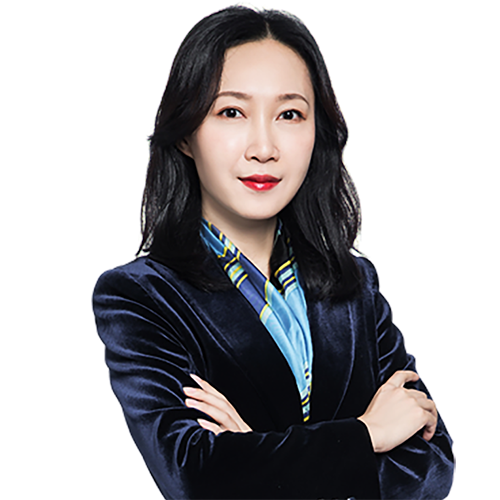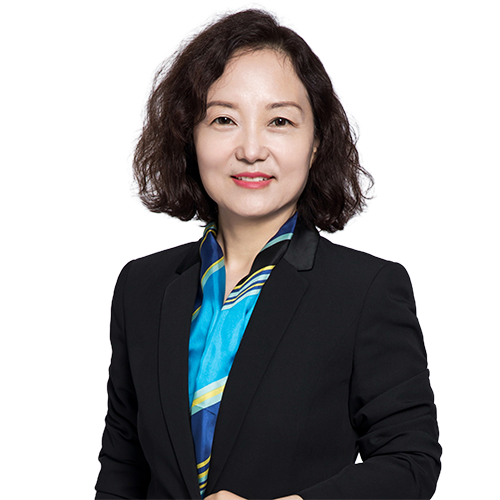To ask or not to ask? What should the focus be on asking? Should you ask questions you don't know the answers to? Should we pursue the victory or stop? For criminal cases, questioning in court is the key to the success or failure of the defense. 25 October, following the successful opening of the class in Dalian, the tenth session of the King&Capital Criminal Defense Practical Training Seminar came to Chongqing, and the content of this training centered on the questioning skills of criminal defense lawyers. Participants from Beijing, Liaoning, Yunnan, Shaanxi, Fujian and other places were divided into five groups, and under the practical guidance of the Advisory Group and Lecturer Group of the Institute of Advanced Criminal Defense of Northwestern University of Political Science and Law, they quickly grasped the essence of questioning and made up for the shortcomings of their business skills through immersive simulation exercises in the real world.
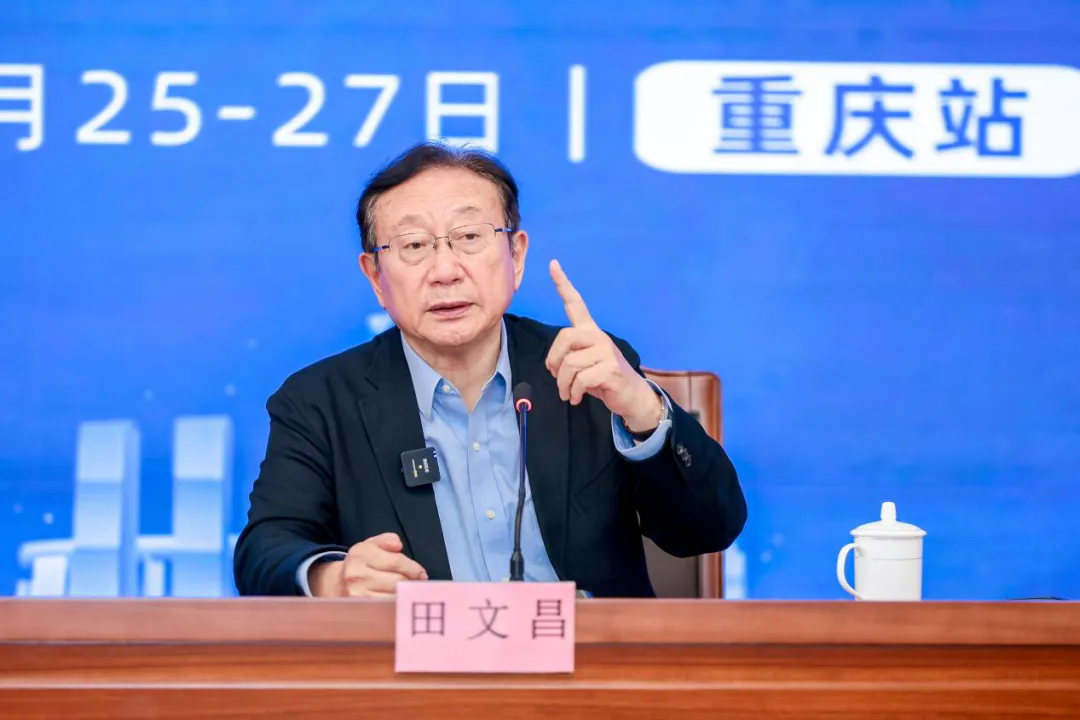
Tian Wenchang, Honorary President of the Institute of Advanced Criminal Defense of Northwestern University of Political Science and Law, Doctoral Supervisor, Honorary Director of King&Capital Law Firm
“Reviewing and reflecting on the development process of China's rule of law over the past forty years, it can be found that many of our concepts about criminal procedure have not yet come out of the misunderstanding.” On the same day, Tian Wenchang, honorary director of the Advanced Institute of Criminal Defense at Northwestern University of Political Science and Law, doctoral supervisor, and honorary director of King&Capital Law Firm, gave a keynote lecture titled “Getting Out of the Misunderstanding of the Concept of Criminal Procedure”. He summarized ten common conceptual misunderstandings in criminal proceedings, including denying the presumption of innocence by seeking truth from facts, denying the presumption of innocence by not wrongdoing, and the deep-rooted inertia of reversing the burden of proof, and emphasized that “the rule of law relies on the rules to speak, while the rule of man relies on the power to speak. No standards, there will be multiple standards, multiple standards lead to violation of the principles of law, will lead to power to control the law”, if not as soon as possible to clarify the misconceptions of the litigation concept, it is easy to problems in judicial practice.
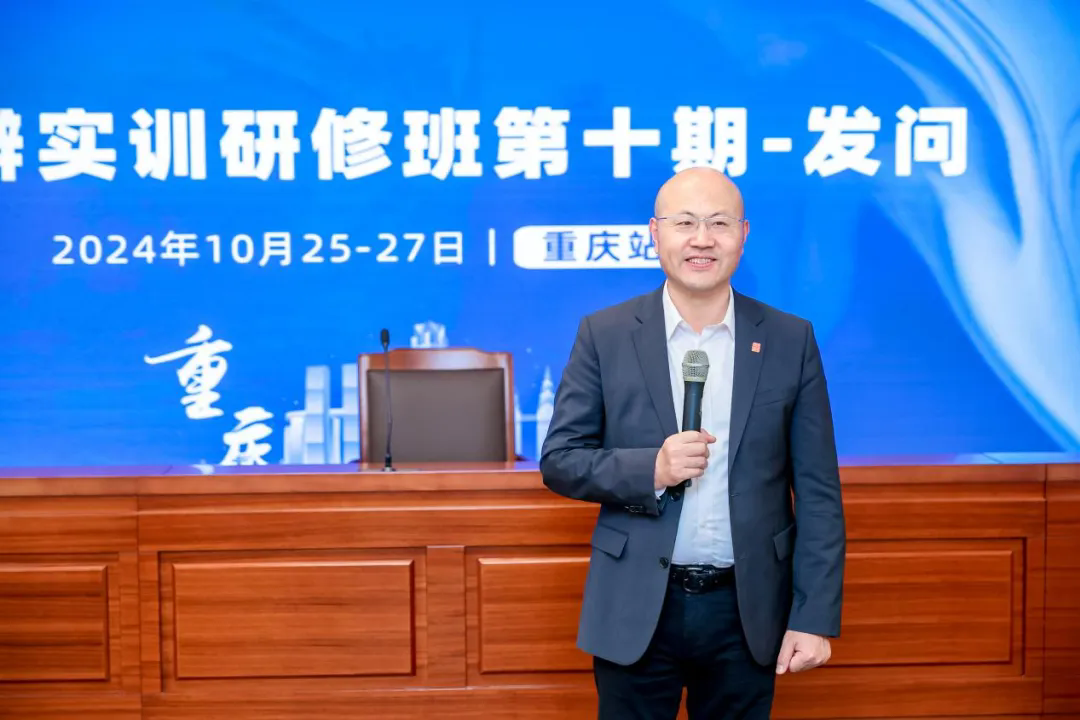
Chu Changzhi, Managing Partner and CEO of King&Capital Law Firm
In his speech, Chu Changzhi, Managing Partner and CEO of King&Capital Law Firm, said that the Kyoto Criminal Defense Practical Training Workshop chose the beautiful city of Chongqing, which is also the first time for the workshop to set foot on the southwest of China, a fertile land for lawyers. He said, questioning is a criminal defense lawyers in any case can not be bypassed the key links, excellent questioning techniques, but also senior lawyers in the court can seize the first opportunity to take advantage of the core of the “secret”, “I believe that after this workshop, we can be rewarded with more collisions, in the Criminal defense professional skills have been improved.”

Liang Yali, Deputy Director of the Institute of Advanced Studies in Criminal Defense of Northwestern University of Political Science and Law, Senior Partner of King&Capital Law Firm
Liang Yali, Deputy Director of the Institute of Advanced Criminal Defense Studies of Northwestern University of Political Science and Law and Senior Partner of King&Capital Law Firm, highlighted the course content. She said that there is a lack of questioning link in the current trial, the court is less likely to ask, on the one hand, the prosecutor does not ask much, on the other hand, we defenders do not know how to ask, “how to master the goal and task of questioning, questioning in the end, what kind of rules, and what kind of skills we should master, I hope that through the seminar and study, we all have something to gain. ”
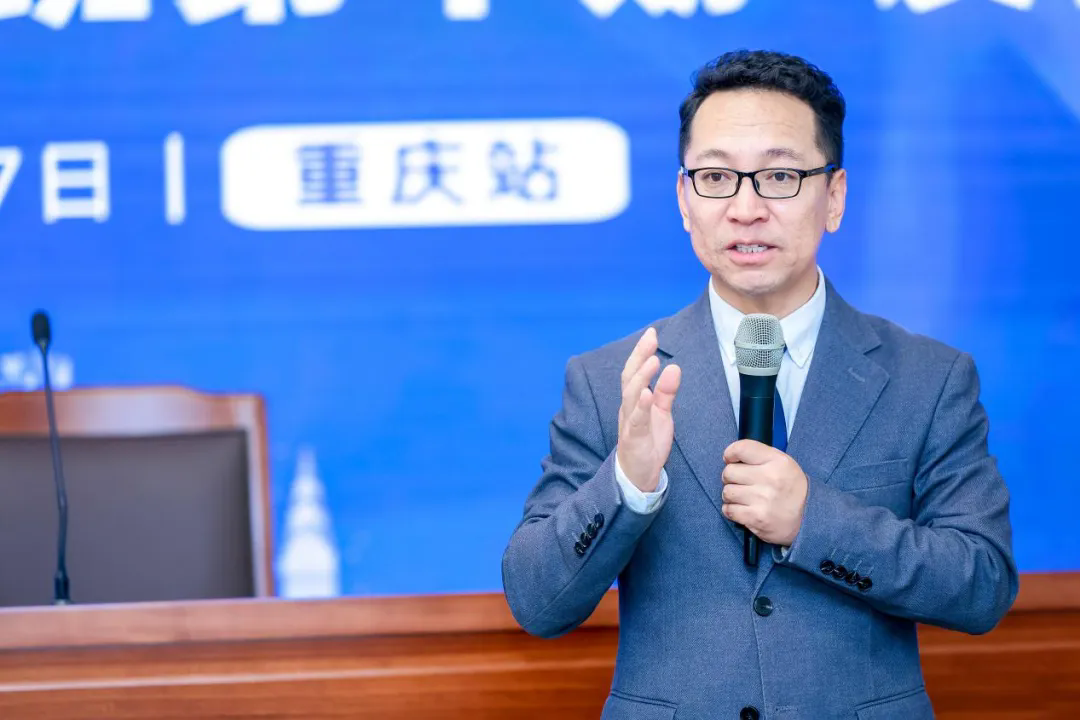
Professor Liu Renqi, Executive Director of the Institute of Advanced Studies in Criminal Defense of Northwestern University of Political Science and Law
Liu Renqi, executive director and professor of the Northwestern University of Political Science and Law Advanced Institute of Criminal Defense, introduced the Northwestern University of Political Science and Law Advanced Institute of Criminal Defense, which was listed in July 2017, and its main work includes spreading the culture of criminal defense, fostering criminal defense talents, and creating a criminal defense training model. “Xifa University criminal defense practical training model, we led by Mr. Tian, selected 33 trainers, experienced three and a half years, 14 topics, 27 sub-topics, used 420 hours to prepare the class, to ensure that the quality of each taken out of the class is guaranteed, and each of the students of the practical training can really learn something.” He highlighted the advanced nature of the criminal defense practical training model of the Northwest University of Political Science and Law, and believed that young criminal defense lawyers should receive complete and standardized criminal defense training, which can lay a solid foundation for the future path of practice.
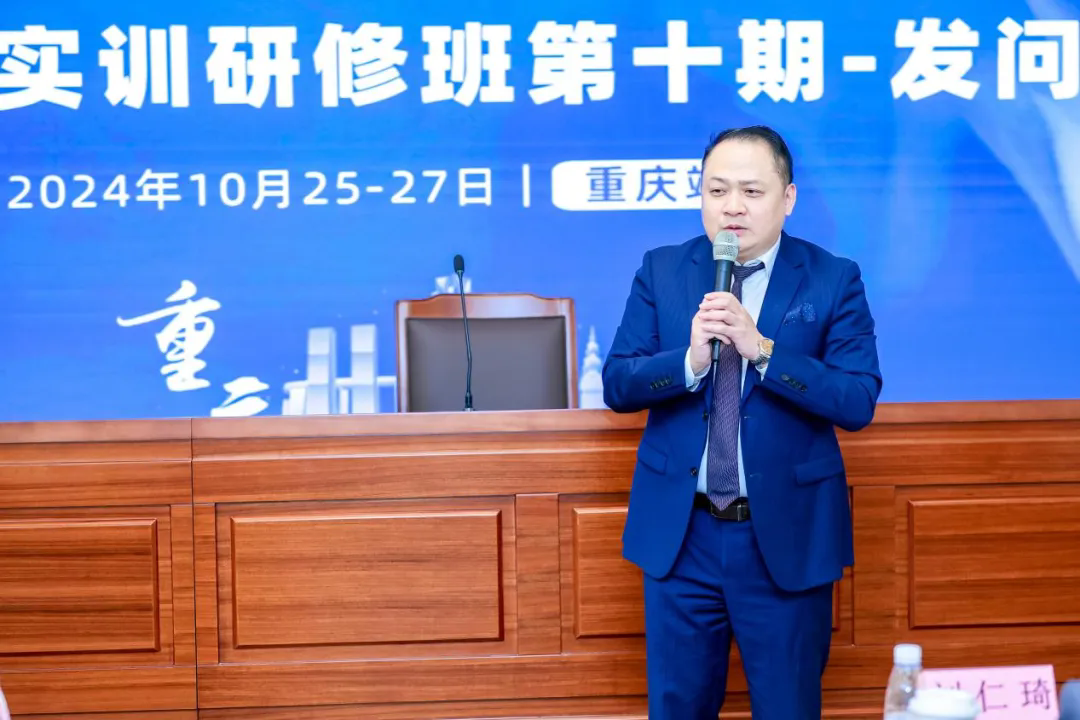
Mr. Qin Yong, Director of King&Capital Law Firm Chongqing Office
Mr. Qin Yong, Director of King&Capital Law Firm, Chongqing Branch, welcomed all the trainees to Chongqing to experience the warmth of the city and its people. He believed that as long as the participants actively participate in the classroom learning, “they will definitely be able to taste a very wonderful feast of criminal defense.”

Weng Xiaoping, Senior Partner, King&Capital Law Firm
“In order to promote the substantiation of the trial, questioning is a very important method and procedural design for the court to investigate the truth, and it is also a very important litigation right for defense lawyers.” Weng Xiaoping, Senior Partner of King&Capital Law Firm, mentioned in the speech session that an effective defense must organically integrate questioning, cross-examination, and debate, and that questioning is a sharp sword, and that criminal defense lawyers should not only be able to correctly face the questions asked by the prosecutor, but also reveal the truth and gain an advantage through questioning under the guidance of the overall defense strategy.
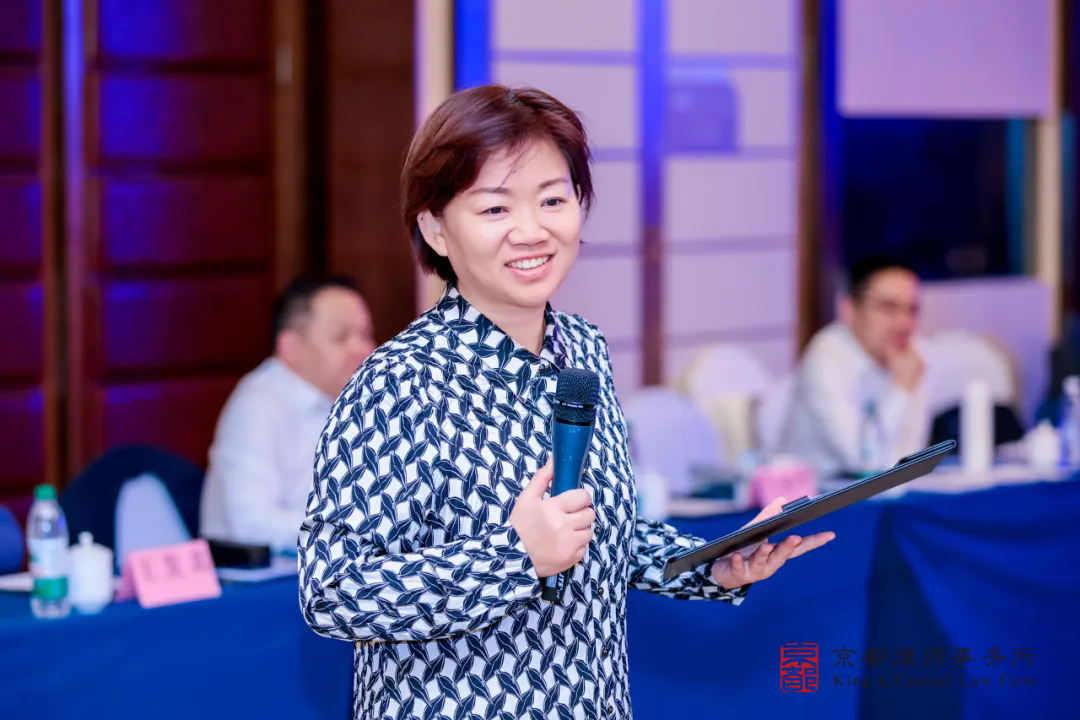
Men Jinling, Deputy Director of the Institute of Advanced Criminal Defense of Northwestern University of Political Science and Law, Associate Professor and Master's Degree Tutor of the Chinese Academy of Social Sciences.
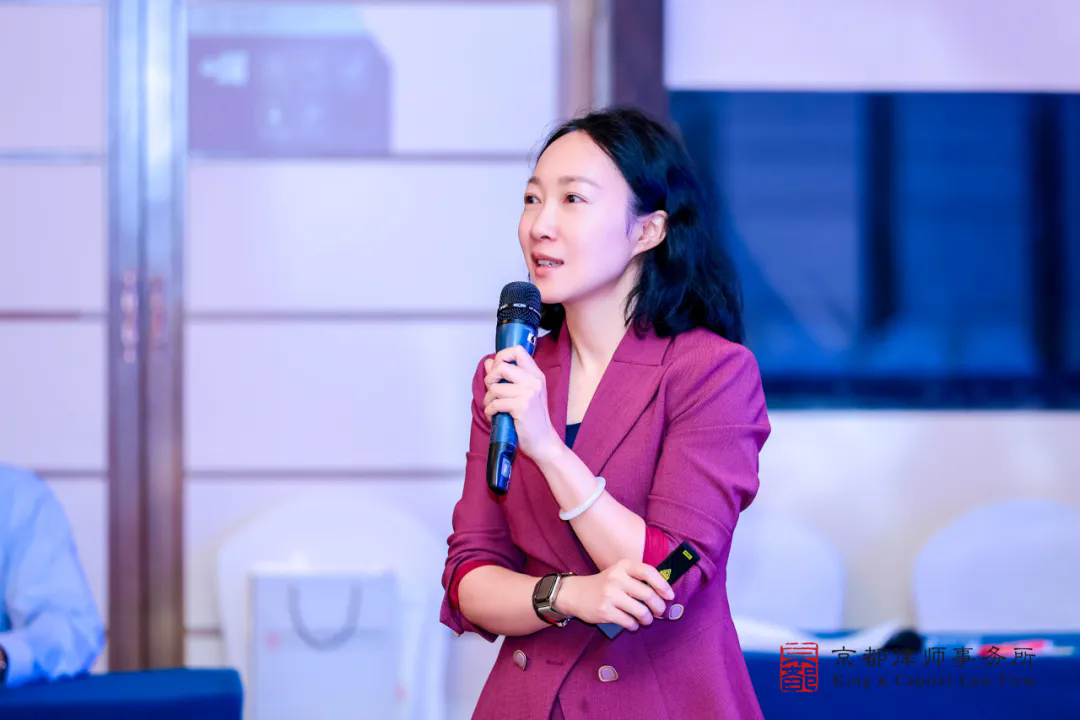
Xu Ying, Senior Partner, King&Capital Law Firm
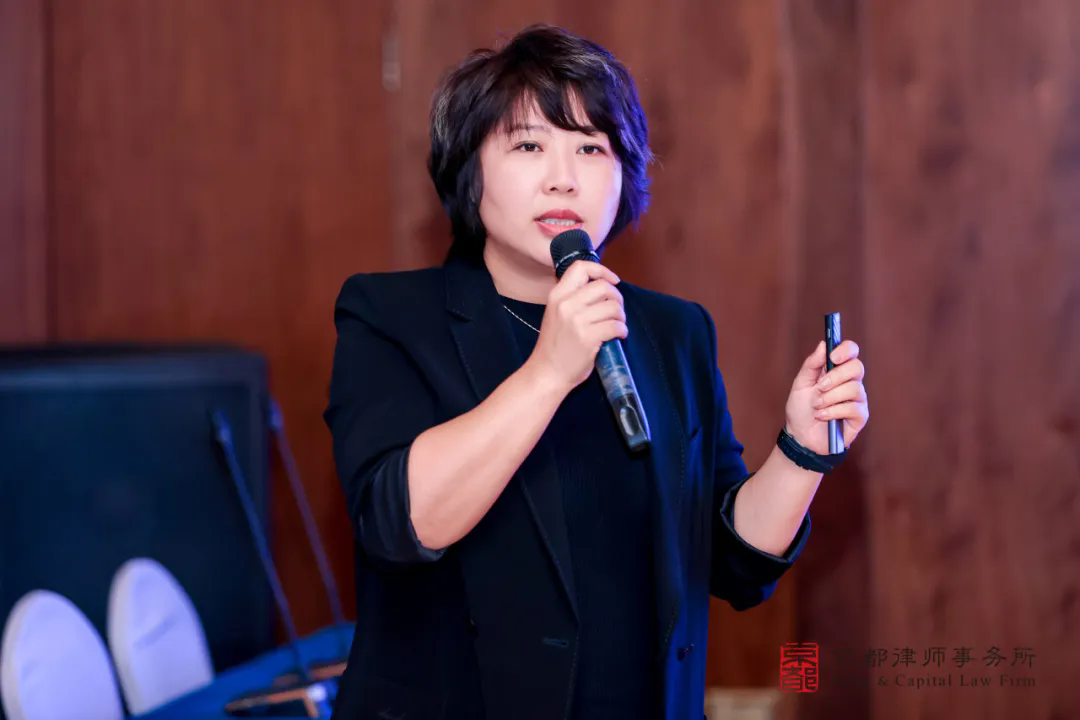
Zhu Yalin, Senior Partner of King&Capital Law Firm

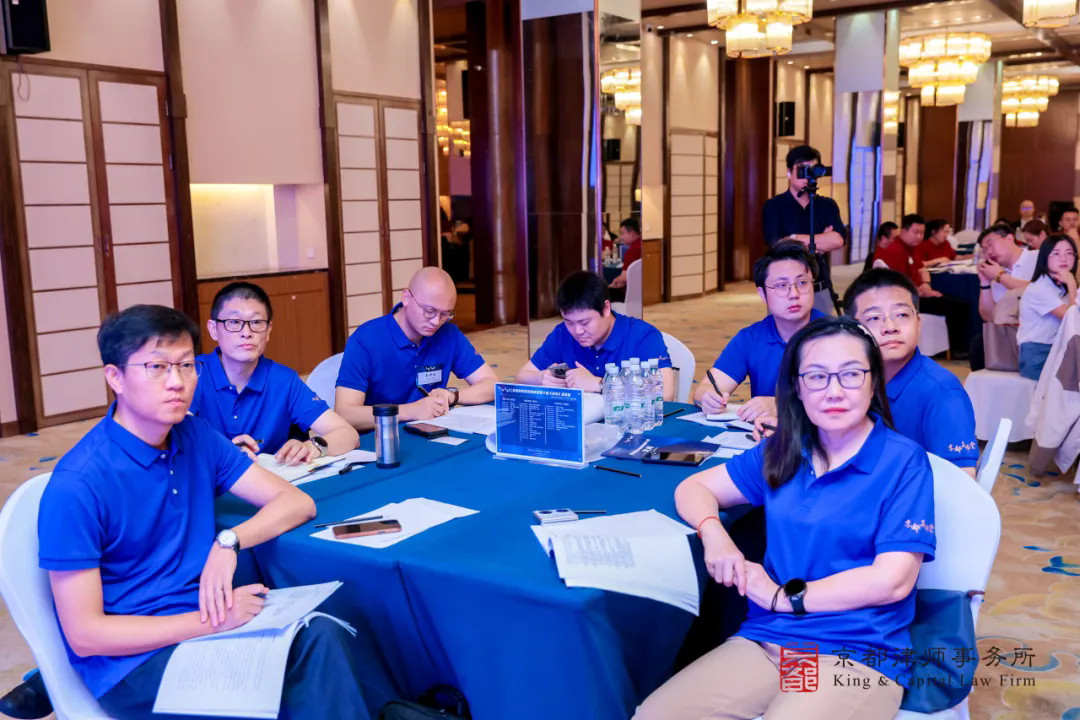
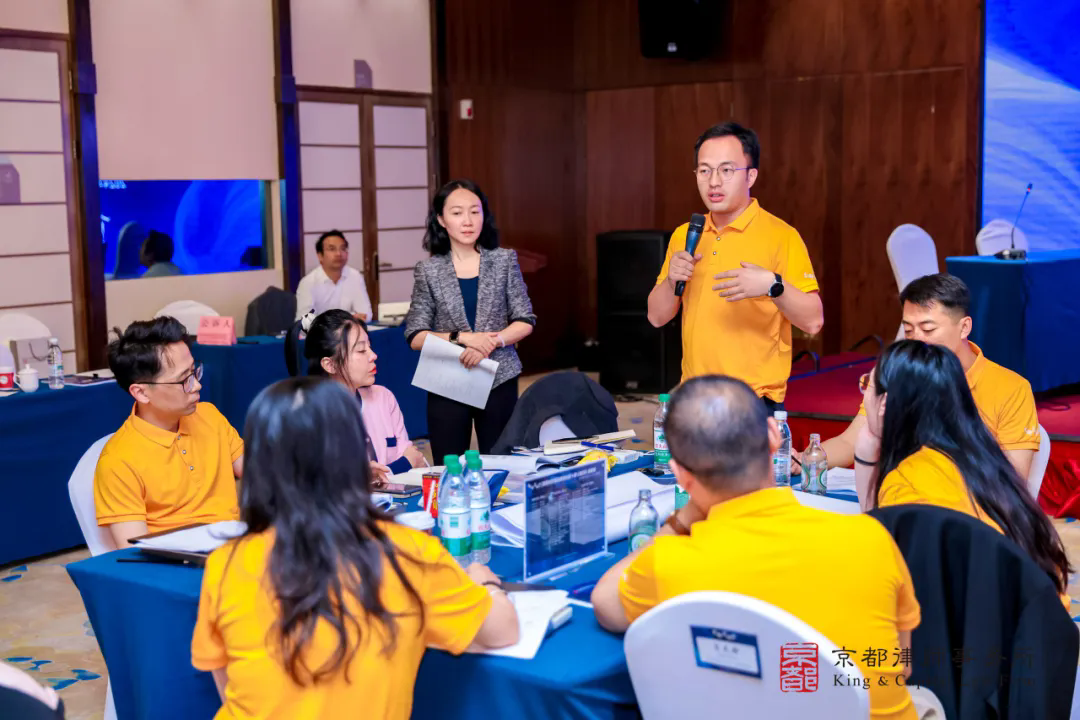

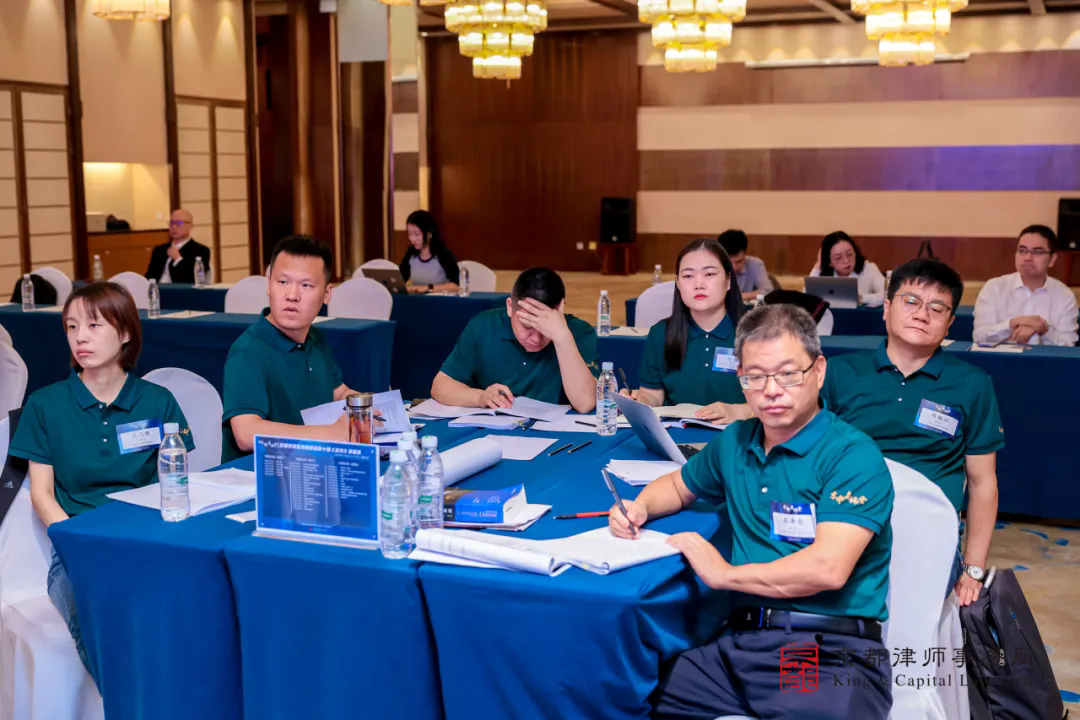

Teaching scene of the practical training course
In the three days and two nights of teaching, associate professor of Chinese Academy of Social Sciences University, Northwest University of Political Science and Law, vice president of the Institute of Criminal Defense, Men Jinling, director of the Chongqing branch of King&Capital Law Firm, Qin Yong, senior partner Wang Faqi, King&Capital Law Firm, senior partners, such as Weng Xiaoping, Xu Ying, Zhu Yalin, and other teachers have been on the stage as a member of the advisory group and the lecturer group, focusing on the principles and rules of the courtroom questioning, the purpose and tasks, experience sharing and contraindications for different subjects of questioning to start training, with the practical exercises, and one by one dismantling comments. The training was centered on the principles and rules of court questioning, purposes and tasks, experience sharing and contraindications, and was carried out in accordance with the practical exercises for different questioning targets, and was disassembled and commented on one by one.
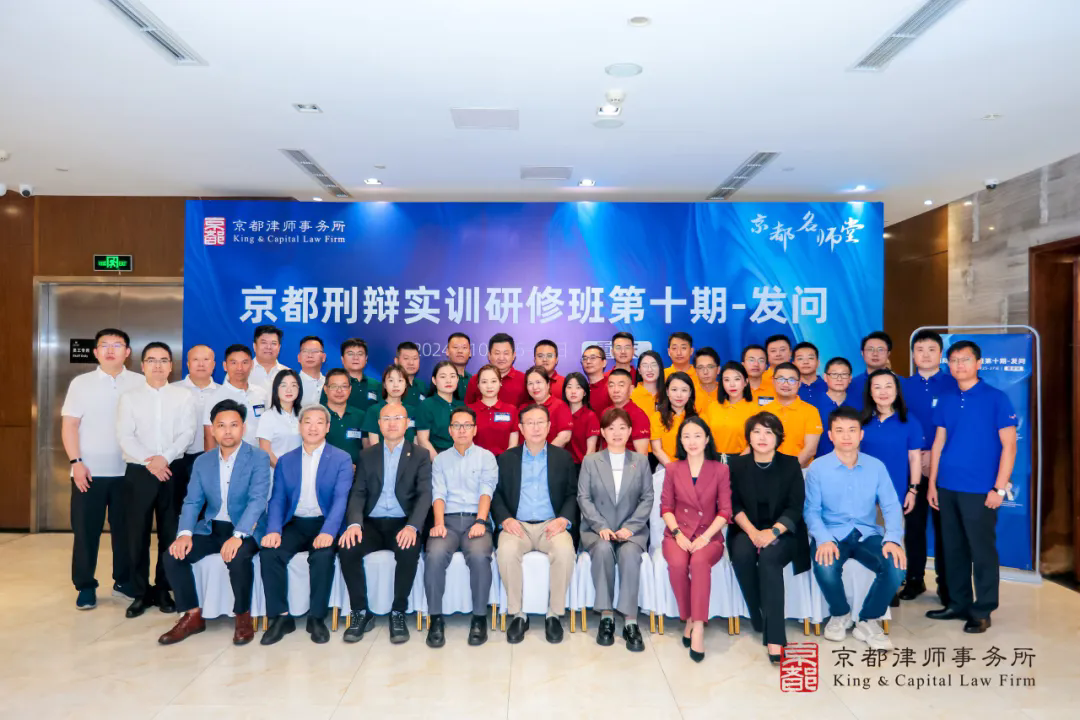
It is reported that the on-site training materials are based on real cases, rearranged and organized, and increase the relevant questioning confrontation. On-site trainees have expressed that they have gained a lot from the study of the topic of questioning in the King&Capital Criminal Defense Practical Training Seminar, and they will deepen their skills in practice and strengthen their understanding and awareness of criminal defense skills in the future.



